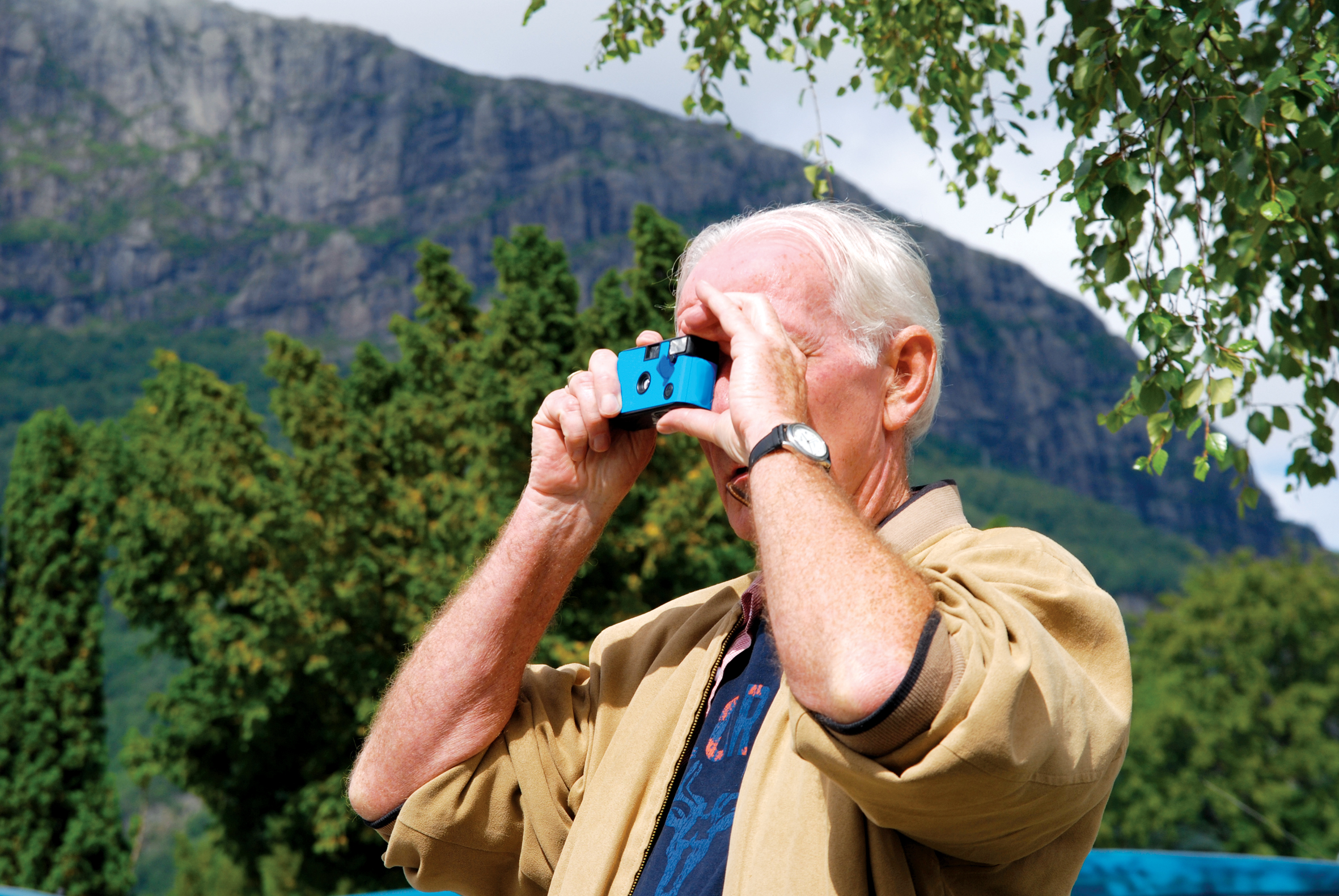The Ideal Lab is a research through design program that relocates the meaning of design to a social environment in mutation. In collaboration with research, arts, science, sociology, and industry the Ideal Lab’s goal is to define upcoming needs, provide human results and realise future scenarios through tangible products and processes. By themed cycles of one year, selected Agents are invited to exchange visions, thoughts and co-produce meaningful results.
Since 2010, four themes have been developed in collaboration with 51 creative Agents and eleven public workshops where held. The results have received four international design awards and have been presented at 21 bienniales, exhibitions, festivals and conferences around Europe.
Methods
Ideal Lab work thematically, investigative and process-oriented, and not towards a beforehand defined product / result. The process is structured by a given number regular “agents” is invited in the project, each with their expertise. It’s the agents who, in collaboration with users and the environment, select which areas to investigate further in the project, which proposes what direction and towards what goal / result one should work.
Agents
Agents with different professional backgrounds, are invited to take part in and develop a scenario that can create meaningful results within the choosen theme. By the choice of agents the goal is to ensure that one obtains the broad expertise. It is of crucial importance that the agents complement each other and share common basic values: ethics, search for meaning, critical thinking, confidence in the other agents and the right to doubt and acceptance of conflicting results. The agents creates results individually or in collaboration with others.
